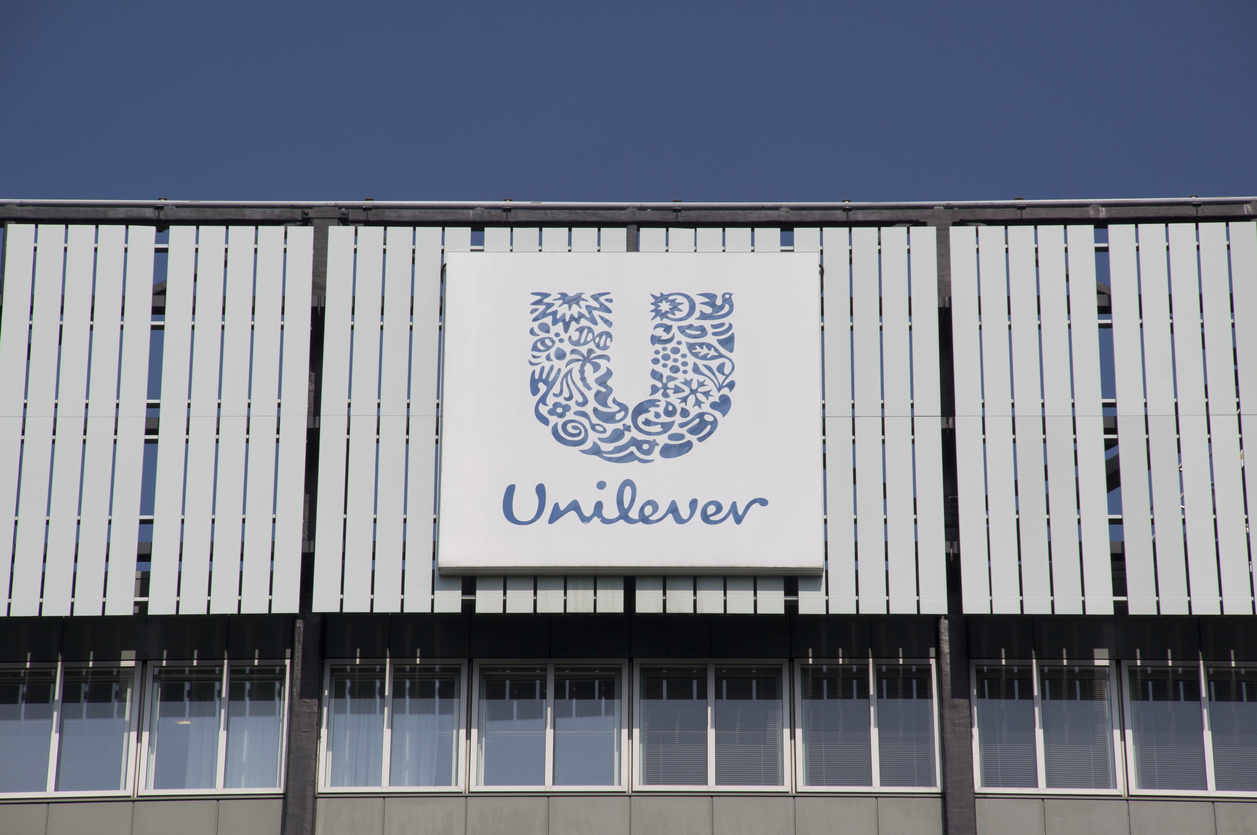
Unilever takes inclusivity vow, drops 'normal' from all beauty products
To promote inclusivity and equality in a changing world, the London-headquartered consumer goods giant Unilever has pledged on Tuesday (March 9) to erase the word "normal" from all its beauty and personal care products, as well as refrain from “digital alterations” of body shapes and skin colour of models in its advertising.

To promote inclusivity and equality in a changing world, the London-headquartered consumer goods giant Unilever has pledged on Tuesday (March 9) to erase the word “normal” from all its beauty and personal care products, as well as refrain from “digital alterations” of body shapes and skin colour of models in its advertising.
Unilever’s ‘no to normal’ clarion call comes on the back of a growing compulsion around the world for consumer brands to display greater inclusivity and social consciousness in their advertising, packaging and commercials. This move has probably been prompted by the flak they received for some of their advertising campaigns of late, which has probably led to the company to take this transformational step.
In India itself, Unilever came under fire for its flagship beauty brand, Fair&Lovely, and was forced to change the name to Glow&Lovely last year, to stop equating beauty with fair, light skin. While its premier soap brand, Dove too teamed up with matrimonial platforms to shelve words like “fair and tall” from their advertisements. Bollywood star Shah Rukh Khan and other celebrities too have recently been lambasted on social media for promoting fairness creams that perpetuate bias against dark skinned people.
Also read: Developers need to be responsible, should focus on trust, inclusivity: Nadella
This negative, harmful norms and stereotyping that fair is beautiful and sought after, while dark is ugly, is what Unilever is now seeking to squash with this announcement. They want to “shape a broader, far more inclusive definition of beauty”, said Sunny Jain, president of Unilever Beauty & Personal Care on the company website.
However, he added that they know that removing “normal” from their products and packaging will not fix the problem alone. “But, it is an important step forward,” he said, adding that it is just one of the actions they are taking as part of their new Positive Beauty vision, which is also outlined on their website.
Unilever is also reportedly under pressure for some recent gaffes in their advertisements, which has prompted this image transformation. In September last year, they had to pull out their TRESemme hair products for ten days from South African stores because of their ad, which described African black hair as “frizzy and dull”, while white women’s hair was referred to as normal, Reuters had reported.
Unilever, which sells popular brands in India like Dove, Lifebuoy, AXE and Sunsilk, will now scrub out the word “normal” from more than a hundred Unilever brands around the world. It will no longer be used to describe skin type or hair texture and will be replaced with more neutral terms such as “grey hair” for shampoos or “moisture replenish” for skin creams by March next year.
Also read: 2 Indian firms to make cargo containers to counter China dominance
The company has said on its website that it will henceforth champion inclusion, challenge narrow beauty ideals and build an inclusive portfolio of products, which cater to a greater diversity of beauty. Unilever’s decision to remove “normal” is one of the many steps that they were taking to work towards helping end discrimination and advocate for a more inclusive vision of beauty.
Global research into people’s experiences of the beauty industry had revealed to them that using “normal” to describe hair or skin makes most people feel excluded,” the company said in a statement, Mint reported.
While almost two in three people in India agreed that the beauty and personal care industry makes certain people feel excluded. Indian consumers also said that the beauty industry perpetuates narrow beauty ideals; two in three think that the industry pressures consumers into thinking they need to look a certain way.
In their survey of 10,000 people across nine countries, which included India, seven in ten said that the word ‘normal’ on beauty product packaging has a negative effect on people.
Globally found six out of ten people said the industry creates a singular ideal of who or what is ‘normal’, and that made them feel they should look a certain way, the statement in their website said.
Also read: Wipro to acquire UK-based consultancy firm Capco for $1.45 billion
The majority felt that the industry still has some way to go to better represent people of various body types, people from different age groups, people from different ethnicities and people from the LGBTQIA+ community. In India, the situation has been worse, as companies have hawked their fairness products as if it would enhance the chances of getting a job or a marriage partner. Thee commercials had fanned the Indians’ inherent penchant for fair skin.
Consumers in India are also paying more attention to a company’s overall stance on societal issues before they buy products. Six in ten people have said in the survey that they will not buy a product if they do not agree with the company’s vision of diversity and inclusion, even if the company offers the best price.
On the understanding that today’s consumers reward brands which take action on the social and environmental issues they care about, Unilever said that it is committed to increase the number of ads portraying people from diverse, under-represented groups. And, put an end to all digital alterations that change a person’s body shape, size, proportions or skin colour.

